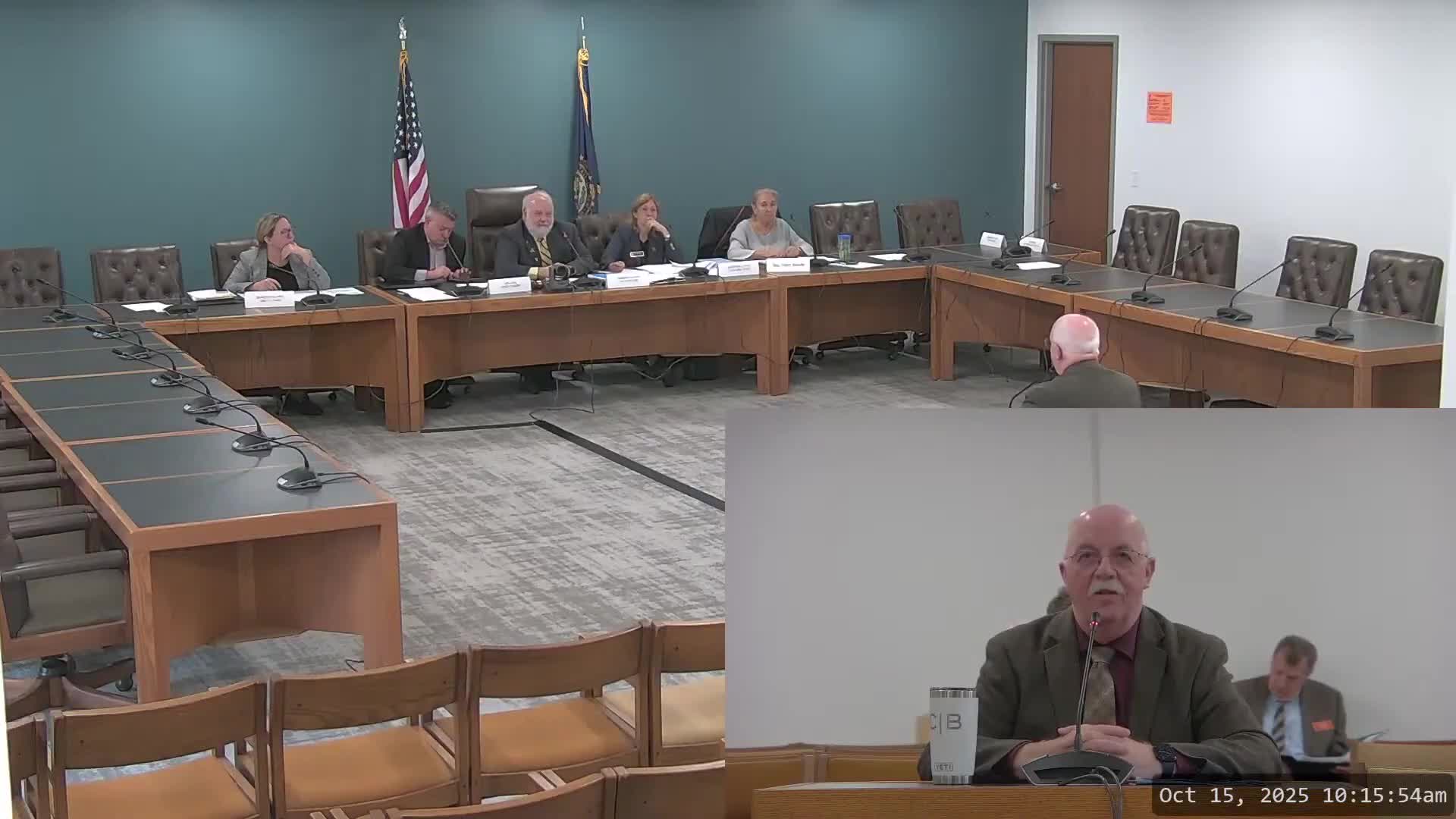Association of Counties raises governance, funding and legal questions about a county SAU model
Get AI-powered insights, summaries, and transcripts
Subscribe
Summary
The New Hampshire Association of Counties told the committee a county-based model raises broad questions including appointment or election of superintendents, funding responsibilities, asset transfers, constitutional duties and rural county capacity.
Representatives of the New Hampshire Association of Counties urged the committee to examine governance and fiscal implications before endorsing a countywide SAU model.
Kathy Stacy, representing the Association of Counties, told the committee that counties want answers before a structural change: would superintendents be elected or appointed, and if elected would candidates need credentials; who would appoint or oversee appointed superintendents; how would counties — especially rural counties — fund salaries, benefits and pensions; and how would transfer of assets or bonded facilities be handled? She also asked whether education would remain the state’s constitutional duty under Part II, Article 83 of the New Hampshire Constitution and whether county entities could face new litigation exposure if education functions shifted to counties.
Stacy noted counties’ varied administrative arrangements and budgets and asked the committee to consider practical details such as whether school buildings and facilities (which counties generally do not own) would remain district assets and how counties would manage curricula and special education responsibilities. She also asked whether Manchester and Nashua would be carved out of a county model and whether smaller rural counties could absorb added financial responsibilities.
The Association offered to provide data and peer examples to the committee and urged that a planning phase be required should the committee advance any statutory change. Committee members acknowledged the questions and invited further input from counties as the committee develops comparative research.
